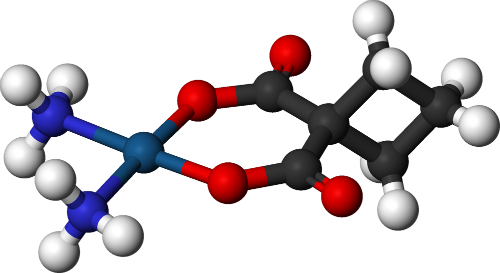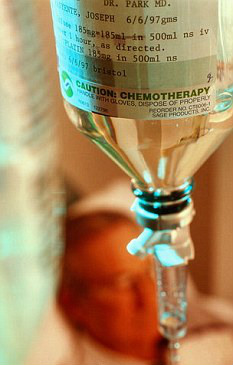- Approximately 50% of NSCLC cases occur in patients aged ≥70 years.
- Patients aged ≥70 years with non-small cell lung cancer can benefit from both platinum and non-platinum-based chemotherapy.
- The increased survival rates that result from treatment with these regimens must be balanced against the higher the risk of major adverse events.
- Older patients benefit from both platinum and non-platinum regimens.
Patients aged ≥70 years with non-small cell lung cancer (NSLCL) can benefit from both platinum and non-platinum-based chemotherapy. The increased survival rates that result from these regimens must be balanced against the higher the risk of major adverse events versus non-platinum therapy, according to the results of a Cochrane systematic review of randomized, controlled trials (RCTs).
For people who are not suitable candidates for platinum treatment, the reviewers found low-quality evidence suggesting that non-platinum combination and single-agent therapy regimens have similar positive effects on survival.

“We are uncertain as to the comparability of their adverse event profiles. Additional evidence on quality of life gathered from additional studies is needed to help inform decision making,” they wrote.
About Half of NSCLC Patients Are Aged Older than 70 Years
Approximately 50% of patients with newly diagnosed non-small cell lung cancer (NSCLC) are aged ≥70 years of age at diagnosis. Despite this fact, these patients are underrepresented in the medical literature. “As a consequence, the most appropriate regimens for these patients are controversial,” the researchers wrote. “The role of single-agent or combination therapy is unclear. In this setting, a critical systematic review of RCTs in this group of patients is warranted.”
The Study
The reviewers included 51 trials in the review: non-platinum single-agent therapy versus non-platinum combination therapy (7 trials) and non-platinum combination therapy versus platinum combination therapy (44 trials). The studies included nearly 17,000 patients. All patients were aged ≥70 years and were diagnosed with advanced NSCLC. The reviewers included RCTs specifically designed for the elderly population and those designed for elderly subgroup analyses.
Adverse Events
There were significant differences in the adverse event profiles. For instance, differences in effects on major adverse events between treatment groups were as follows:
- Anemia: RR 1.10, 95% 0.53 to 2.31; participants = 983; 4 RCTs; very low-quality evidence;
- Neutropenia: RR 1.26, 95% CI 0.96 to 1.65; participants = 983; 4 RCTs; low-quality evidence;
- Thrombocytopenia: RR 1.45, 95% CI 0.73 to 2.89; participants = 914; 3 RCTs; very low-quality evidence.

Challenging Findings
These findings a present a challenge for clinicians. The primary challenge is patient selection. Clinicians must balance a patient’s ability to tolerate adverse events with the potential benefits of a platinum-based or non-platinum-based chemotherapeutic regimen. The good news is that when properly selected, older patients with NCSLC can receive significant benefits from these 2 types of chemotherapy.

